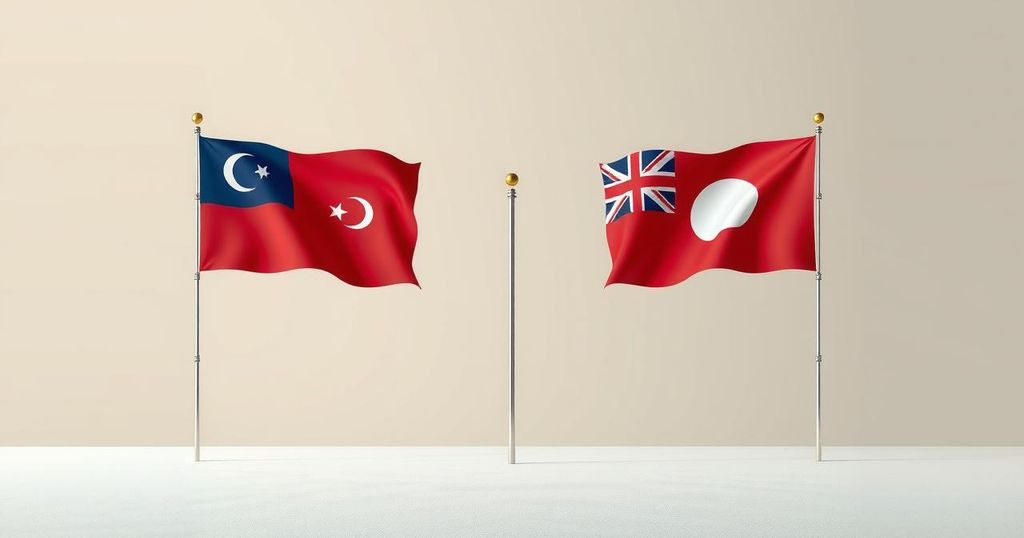Sudan’s genocide claims against the UAE have been dismissed by a court for lack of evidence, spotlighting the complexities of international accountability and legal challenges. This ruling has implications for Sudan’s diplomatic relations and future legal strategies.
In a recent legal development, Sudan’s allegations against the United Arab Emirates (UAE) regarding genocide have been dismissed as insufficient. This ruling comes amid ongoing discussions about international accountability and the legal frameworks governing such serious claims. Sudan asserted that the UAE played a role in fostering violence and destabilization, yet the court found the evidence lacking to substantiate these serious accusations.
The claims originally implicated several high-ranking officials and suggested widespread misconduct during conflicts linked to Sudan’s turbulent history. However, the judicial examination concluded that the evidence presented did not meet the threshold required to support genocide allegations. This outcome reflects the considerable challenges faced by nations seeking to hold other states accountable for actions during conflicts.
Legal experts highlighted that the decision could have significant implications for Sudan and its diplomatic relations with the UAE. The context of the allegations was rooted in a broader narrative about human rights and state responsibility, which remains a contentious issue in international law. As Sudan navigates this complex terrain, the ruling emphasizes the need for concrete evidence when making such severe claims.
The international community is closely monitoring this case, understanding the long-standing impacts such legal rulings can have on geopolitical dynamics. Sudan’s inability to prove its claims raises questions about future accountability efforts in similar international disputes. It remains to be seen how the ruling will affect Sudan’s legal strategies moving forward and its relationship with regional partners.
In the midst of these developments, Sudan is likely to recalibrate its approach to international legal avenues as it reckons with the court’s findings. Analysts suggest that this could lead to further diplomatic engagement rather than accusations in the quest for justice for past atrocities. Furthermore, this case serves as a reminder of the complex nature of international law and the substantive proof required to substantiate claims of this magnitude.
Sudan’s recent legal claim against the UAE regarding genocide was dismissed due to insufficient evidence, marking a significant setback for the nation’s efforts in seeking accountability. This ruling underscores the challenges faced in proving allegations of such a serious nature within international law. As consequences of this decision unfold, Sudan may need to reassess its legal and diplomatic strategies moving forward.
Original Source: www.law360.com




